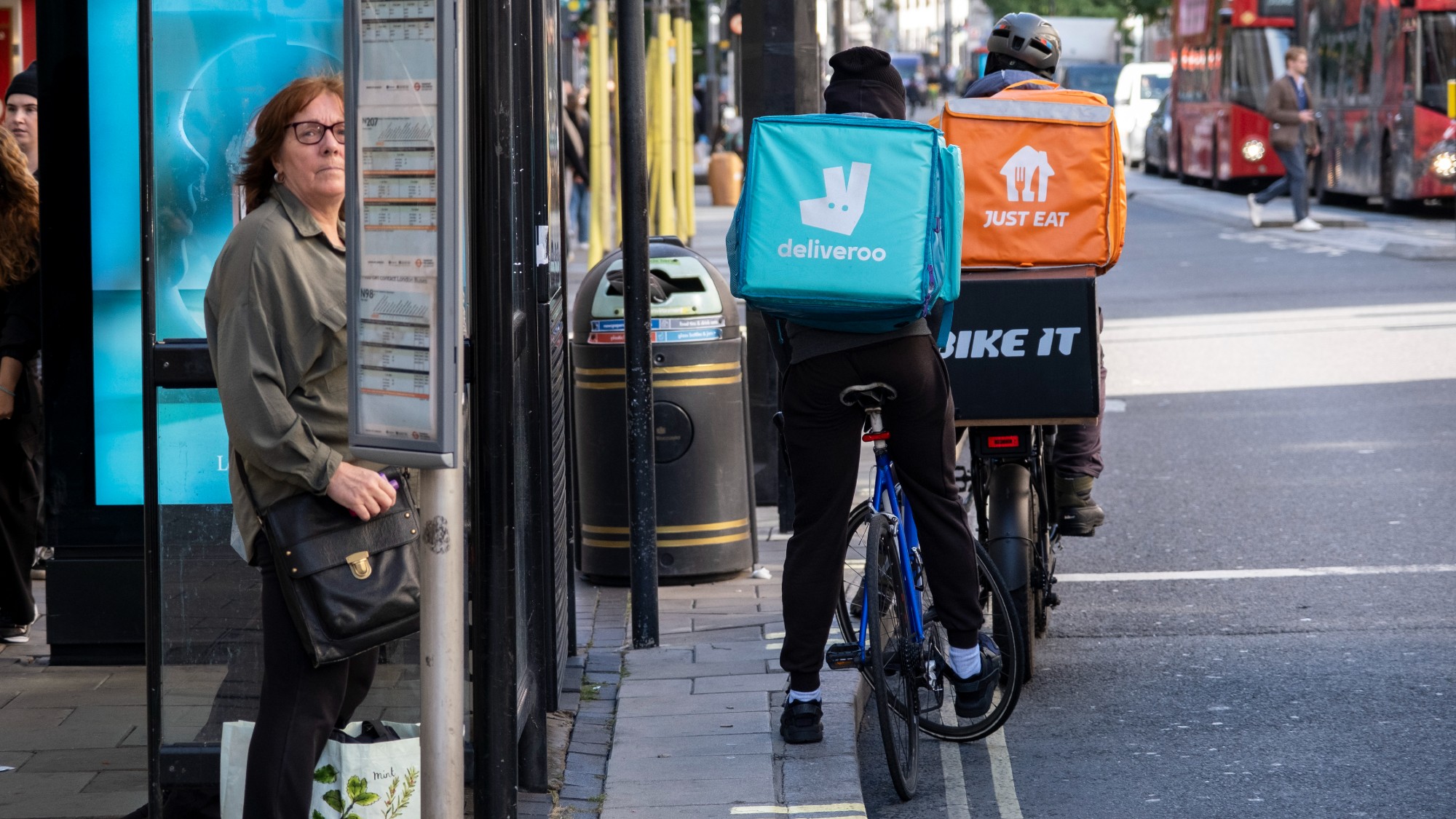Fresh redundancies as Tesco cuts 4,500 jobs at 153 outlets
Job losses come as supermarket aims to slash £1.5bn from costs

A free daily email with the biggest news stories of the day – and the best features from TheWeek.com
You are now subscribed
Your newsletter sign-up was successful
Tesco will cut around 4,500 staff in a fresh round of redundancies at the UK's leading supermarket chain.
The grocery giant, which employs about 340,000 people in the UK and Republic of Ireland, said the majority of the jobs will be lost at 153 mid-size Metro stores. Others will be cut from the smaller Express chain of shops and the larger superstores.
The Guardian says the cuts are part of plans by the chief executive, Dave Lewis, “to slash £1.5bn from Tesco’s cost base in an effort to rebuild profits, which have never recovered from the 2014 accounting scandal”.
The Week
Escape your echo chamber. Get the facts behind the news, plus analysis from multiple perspectives.

Sign up for The Week's Free Newsletters
From our morning news briefing to a weekly Good News Newsletter, get the best of The Week delivered directly to your inbox.
From our morning news briefing to a weekly Good News Newsletter, get the best of The Week delivered directly to your inbox.
The BBC adds that the cuts come as “competition between supermarkets intensifies” and as “German budget rivals Aldi and Lidl continue to put pressure on the big four supermarkets”.
In a statement on its website, Tesco said it is making the cuts as part of an effort to “simplify and reduce processes and administrative tasks” across all of its Metro outlets.
“The changes in our Metro stores will be focused on better tailoring them to how our customers shop,” it said.
“The Metro format was originally designed for larger, weekly shops, but today nearly 70% of customers use them as convenience stores, buying food for that day.”
A free daily email with the biggest news stories of the day – and the best features from TheWeek.com
Tesco said that wider changes to the stores would now include “faster and simpler” ways of filling shelves, staff working “more flexibly” across the store to improve customer service, and a “leaner” management structure.
The move has been slammed by unions. Pauline Foulkes, Usdaw national officer, said members at Tesco were “shocked and dismayed”.
She added: “This issue is not confined to Tesco, our High Streets are in crisis, with jobs being lost due to shops closing, retailers folding and businesses engaging in significant restructuring to survive.
“We need the government to address the worries and concerns of shop workers and our members.”
-
 Quentin Deranque: a student’s death energizes the French far right
Quentin Deranque: a student’s death energizes the French far rightIN THE SPOTLIGHT Reactions to the violent killing of an ultra-conservative activist offer a glimpse at the culture wars roiling France ahead of next year’s elections.
-
 Secured vs. unsecured loans: how do they differ and which is better?
Secured vs. unsecured loans: how do they differ and which is better?the explainer They are distinguished by the level of risk and the inclusion of collateral
-
 ‘States that set ambitious climate targets are already feeling the tension’
‘States that set ambitious climate targets are already feeling the tension’Instant Opinion Opinion, comment and editorials of the day
-
 Ski town strikers fight rising cost of living
Ski town strikers fight rising cost of livingThe Explainer Telluride is the latest ski resort experiencing a patroller strike
-
 Employees are branching out rather than moving up with career minimalism
Employees are branching out rather than moving up with career minimalismThe explainer From career ladder to lily pad
-
 Out of office: Microretirement is trending in the workplace
Out of office: Microretirement is trending in the workplaceThe explainer Long vacations are the new way to beat burnout
-
 Being a school crossing guard has become a deadly job
Being a school crossing guard has become a deadly jobUnder the Radar At least 230 crossing guards have been hit by cars over the last decade
-
 Why 'faceless bots' are interviewing job hunters
Why 'faceless bots' are interviewing job huntersIn The Spotlight Artificial intelligence is taking over a crucial part of recruitment
-
 Champagne problems: migrant vineyard workers treated 'like slaves'
Champagne problems: migrant vineyard workers treated 'like slaves'Under the Radar Convictions spotlight the 'exploitation and misery' at the heart of the 'glamorous' industry
-
 How many people are working illegally in the UK?
How many people are working illegally in the UK?The Explainer Government vows 'nationwide blitz' on illicit workforce believed to number in the hundreds of thousands
-
 What is 'career catfishing' and why are Gen Z doing it?
What is 'career catfishing' and why are Gen Z doing it?Under The Radar Successful job applicants are increasingly disappearing before their first day